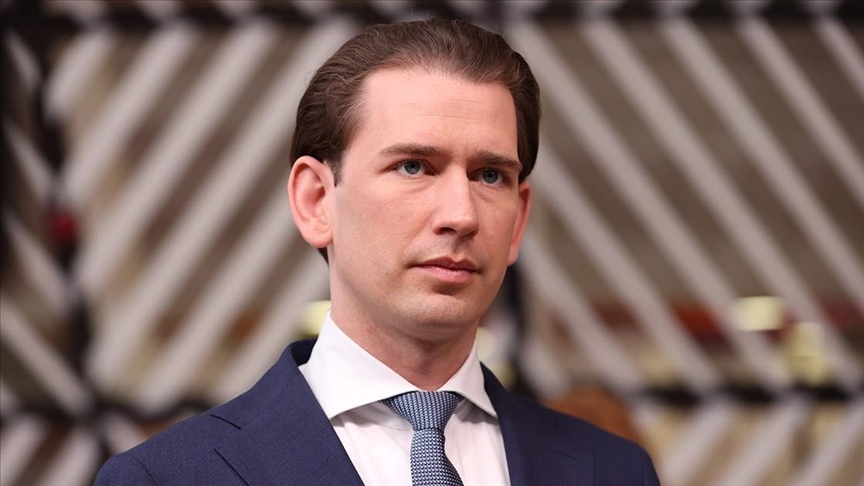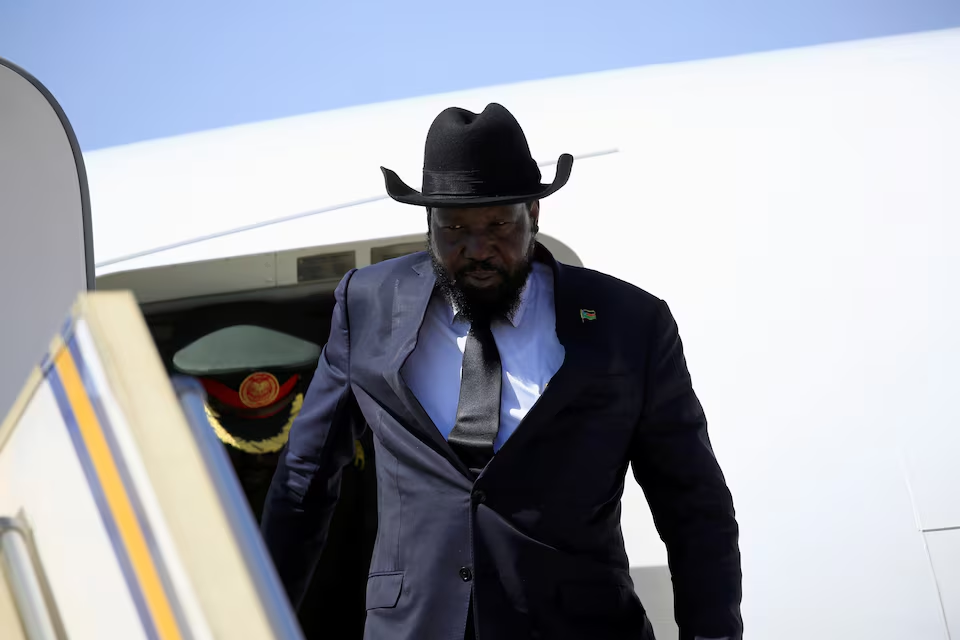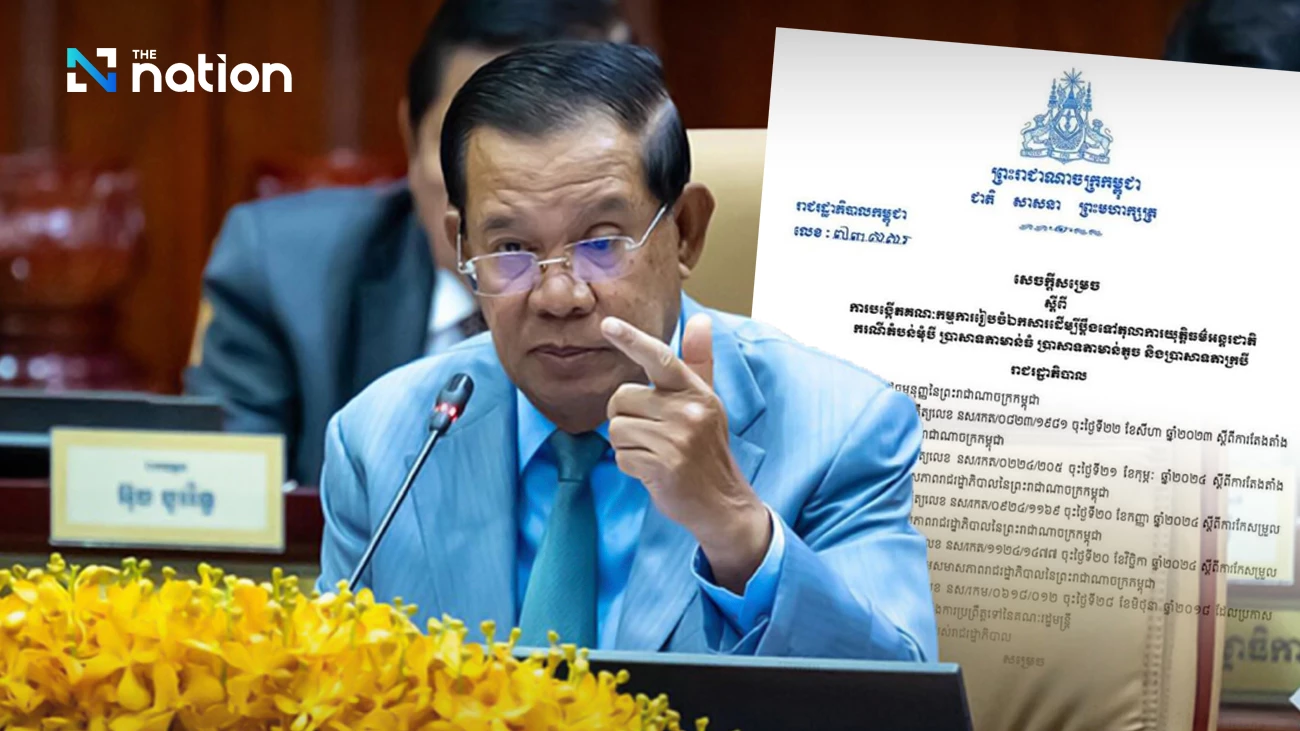Former Austrian Chancellor Sebastian Kurz has been acquitted of charges that he provided false testimony to a parliamentary committee, a case that had cast a long shadow over his political career and public image.
The verdict was handed down on Friday by the Vienna Regional Criminal Court, which ruled that there was insufficient evidence to prove that Kurz knowingly made false statements while testifying before a parliamentary inquiry in 2020. The case focused on allegations that Kurz misrepresented the extent of his involvement in key government appointments—specifically, the leadership of Austria’s state-run holding company, ÖBAG.
Kurz, who served as Austria’s chancellor from 2017 to 2019 and again from 2020 to 2021, had faced criticism for allegedly steering the appointment of Thomas Schmid as the head of ÖBAG, despite publicly downplaying his role. Prosecutors argued that Kurz had lied under oath by denying influence in the decision-making process.
However, the court found that the prosecution failed to meet the legal standard of proving intent. While acknowledging inconsistencies between Kurz’s public statements and internal communications—including leaked messages—the court concluded that the evidence did not support a conviction for deliberate false testimony.
Kurz expressed relief and vindication following the ruling. “I have always said that I told the truth. I am grateful the court saw it the same way,” he said in a statement outside the courtroom.
The charges were rooted in Kurz’s appearance before a parliamentary inquiry investigating broader allegations of corruption within the Austrian government. That inquiry, launched in the aftermath of the 2019 “Ibiza scandal” that rocked Austrian politics, examined a range of issues including cronyism, misuse of public funds, and political interference in public appointments.
The court’s decision is a significant legal win for Kurz, who had resigned as chancellor in October 2021 amid a separate corruption investigation. That probe is still ongoing, with prosecutors examining whether public funds were used to manipulate polling data in favor of Kurz and his Austrian People’s Party (ÖVP).
While the false testimony case was considered a lower-level offense compared to other allegations, it was politically damaging. Kurz’s resignation was widely seen as a response to growing legal scrutiny and mounting public pressure. Friday’s acquittal, therefore, marks a key moment in his efforts to rehabilitate his reputation.
Reactions to the ruling were mixed. Members of the ÖVP hailed the acquittal as proof of Kurz’s integrity and suggested it opens the door for his potential return to political life. Some insiders within the party have reportedly been pushing for Kurz to re-enter politics in time for the next general election.
Opposition parties, however, were less impressed. Leaders from the Social Democrats and the Greens criticized the court’s interpretation and warned against viewing the decision as an exoneration of Kurz’s political conduct. They reiterated concerns about the state of accountability in Austria’s political system.
“This is a legal outcome, not a moral one,” said one opposition lawmaker. “Many questions remain unanswered.”
Kurz, now 37, had once been hailed as a conservative prodigy and was the youngest chancellor in Austrian history. His political downfall, followed by multiple investigations, turned him into a polarizing figure domestically and abroad. With his legal troubles now partially resolved, speculation about a political comeback is already gaining traction.
Though he offered no direct comment on his future, Kurz stated that he would continue to “serve Austria in any way he can.”
The case has drawn international attention as a barometer of judicial independence in Europe and has been closely watched by analysts as a test of how democratic institutions handle allegations of misconduct at the highest level of government.
Source: Anadolu Agency



